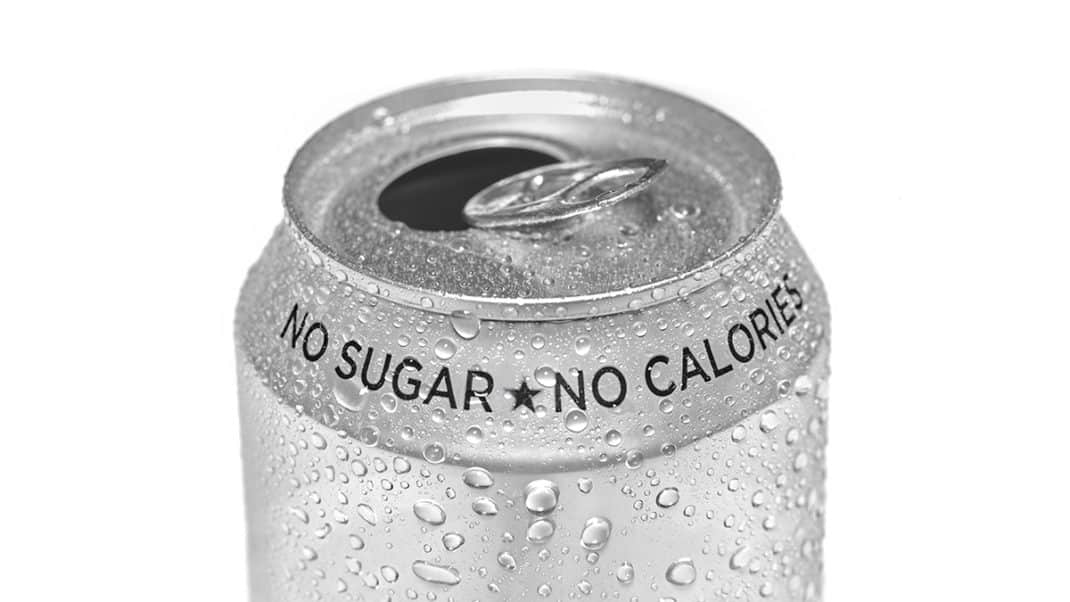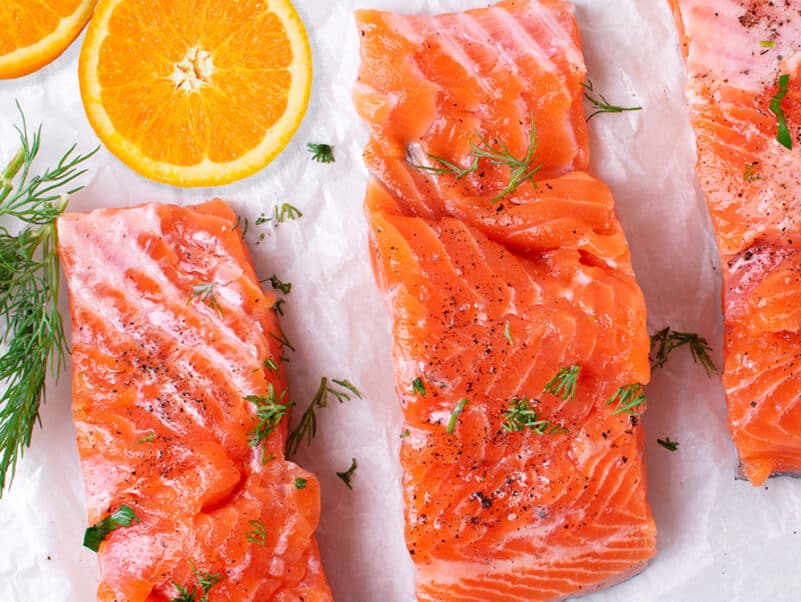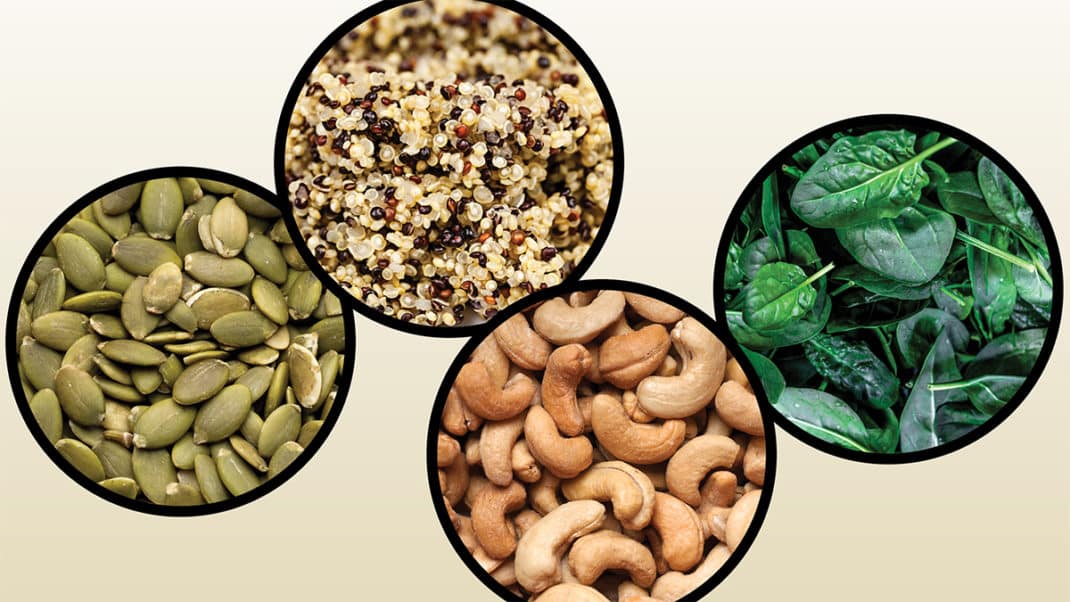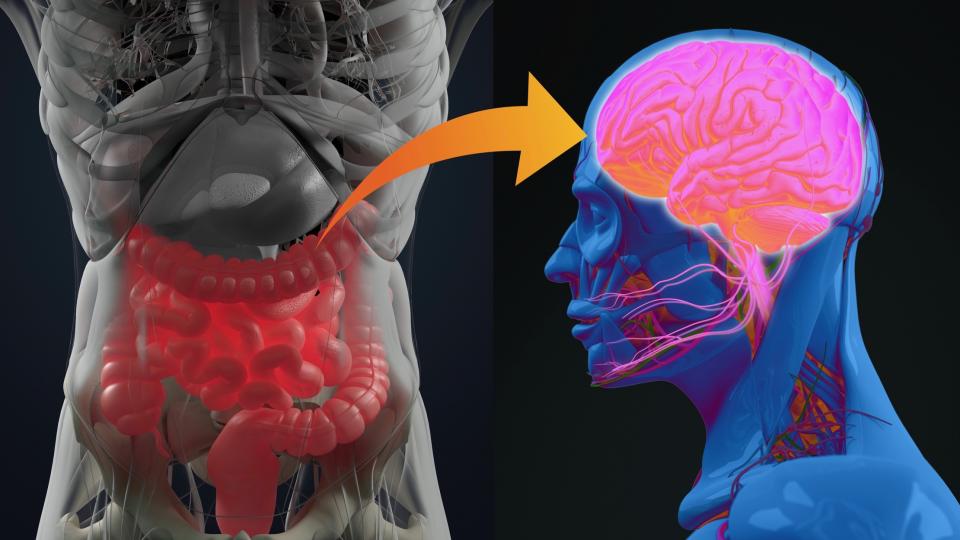Calorie-free sweeteners can disrupt the brain’s appetite signals
New research reveals that a popular artificial sweetener may leave us feeling less satisfied.

A significant number of Americans regularly consume sugar substitutes, usually as a way to reduce calories or sugar intake. But their impact on appetite might be surprising to some. Compared to sugar, consuming sucralose—a widely used sugar substitute—increases activity in the hypothalamus, a brain region that regulates appetite and body weight, according to a Nature Metabolism study. With funding from the National Institutes of Health, the researchers tested how 75 participants responded after consuming water, a drink sweetened with sucralose or a drink sweetened with regular sugar. They collected functional magnetic resonance imaging (fMRI) brain scans, blood samples, and hunger ratings before and after participants consumed the drink. The results showed that sucralose increased sensations of hunger and activity in the hypothalamus, especially in people with obesity. Unlike sugar exposure, sucralose did not increase blood levels of certain hormones including glucagon-like peptide 1 (GLP-1) that create a feeling of fullness. The study authors believe the findings demonstrate how sugar substitutes like sucralose can confuse the brain by providing a sweet taste without the expected caloric energy. This “mismatch” could potentially trigger changes in eating behavior that make it more challenging for people to regulate their overall calorie intake and lose weight. It’s not known if these observed changes in brain and hormone activity result in long-term effects and if different non-caloric sweeteners have varying impacts.
References
https://www.nature.com/articles/s42255-025-01227-8
Matthew Kadey, MS, RD
Matthew Kadey, MS, RD, is a James Beard Award–winning food journalist, dietitian and author of the cookbook Rocket Fuel: Power-Packed Food for Sport + Adventure (VeloPress 2016). He has written for dozens of magazines, including Runner’s World, Men’s Health, Shape, Men’s Fitness and Muscle and Fitness.


